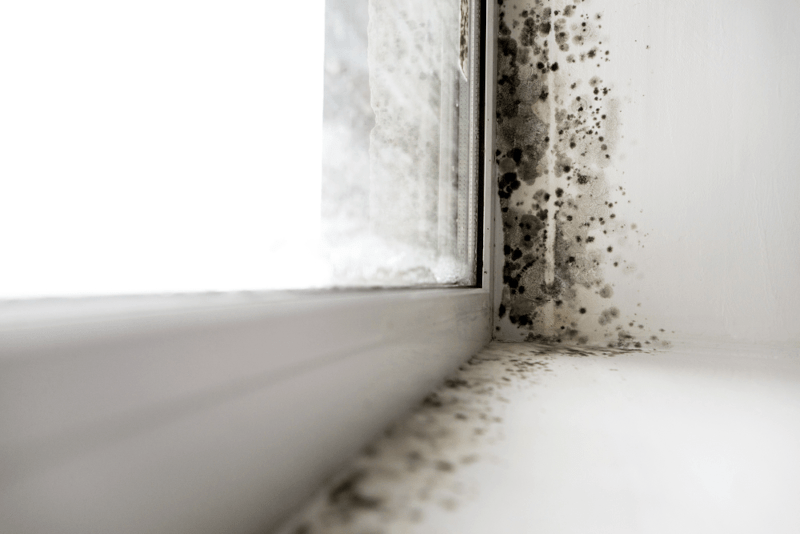Wonderful service from start to finish.

Mould growing in rented home takes the life of two-year-old boy
Lessons are to be learned from the recent tragic case of two-year-old Awaab Ishak, who died after his health was compromised by mould growing in his rented home. Both private landlords and providers of social housing are urged to go above and beyond when it comes to maintenance and repair responsibilities.
At the inquest into the toddler's death, the coroner heard that Rochdale Boroughwide Housing had taken no action, despite Awaab's father reporting the problem repeatedly over several years. Ruling that the child's death was caused by exposure to mould in the one-bedroom housing association flat, the coroner said the incident should be a "defining moment" for the UK's housing sector.
Those sentiments have been echoed by Government housing minister Michael Gove who has said: "Every single person in this country, irrespective of where they're from, what they do or how much they earn, deserves to live in a home that is decent, safe and secure."
Landlords have a legal responsibility and duty of care to ensure a property is free of damp and mould, among other things, under the Landlord and Tenant Act 1985. However, it is important to note that interior condensation and damp in the property may arise through the tenant's actions, such as lack of ventilation.
"Rather than look to shift the blame, landlords are being encouraged to work with tenants to resolve these problems," said Amelia Ford, Paralegal at Warner Goodman. "If no structural problem is identified, such as rising damp or leaking roofs and gutters, then the damp and mould might arise from lack of heating or condensation caused by drying clothes inside.
"The problem is likely to be high on the agenda with temperatures dropping and tenants expected to turn their heating down, or even off, during this cost of living crisis. Landlords could take action now to help tenants understand how best to manage this – the solution could be as simple as fitting an extractor fan or ensuring ventilation isn't blocked. Working together in this way may help avoid bigger problems in the future."
Some tips have been suggested by the Citizens Advice Bureau and the housing charity Shelter to help tenants manage condensation and ventilation. These include:
- Avoid using portable gas or paraffin heaters which can generate a lot of moisture in the air.
- Ensure tumble dryers have extractor outlets and are vented outside unless they are self-condensing
- Dry wet clothes outside rather than using heaters or radiators. Alternatively, use the bathroom where the door can be closed, and the extractor switched on.
- Do not block ventilation, such as air vents, or disable extractor fans to warm up the property, as this will see moisture build up and make the place colder in the long run.
- Everyday activities like cooking, showering, and drying clothes create moisture in your home, which can lead to condensation.
- Cover pans when cooking and close internal doors when you cook or shower.
- Make sure there is a gap between furniture and external walls for air to circulate, and open bedroom windows for 5-10 minutes when you get up as moisture builds up overnight.
- Try to keep a low background temperature of at least 15 degrees in all rooms, rather than extremes of heat and cold which may happen when heating is turned off for most of the day and boosted for a short time in the evening.
There is also a regulatory impetus for housing associations and local authority landlords to act. Following the Rochdale case, the Regulator of Social Housing has written to registered providers of social housing, highlighting their responsibility to take action to protect tenants from hazardous damp and mould.
The regulator has said that all social landlords will need to provide evidence to show they have systems in place to deal with damp and mould issues and manage health risks to their tenants.
Amelia concluded, "further regulation is on the horizon, with the Social Housing Regulation Bill passing through Parliament. But whether you are a private landlord or managing social housing, this unfortunate case should certainly be a wake-up call to ensure you do right by your tenants before it's too late."
For information or legal advice on landlord and tenant disputes, please contact our Residential Litigation team on 023 8071 7412.
This is not legal advice; it is intended to provide information of general interest about current legal issues.

